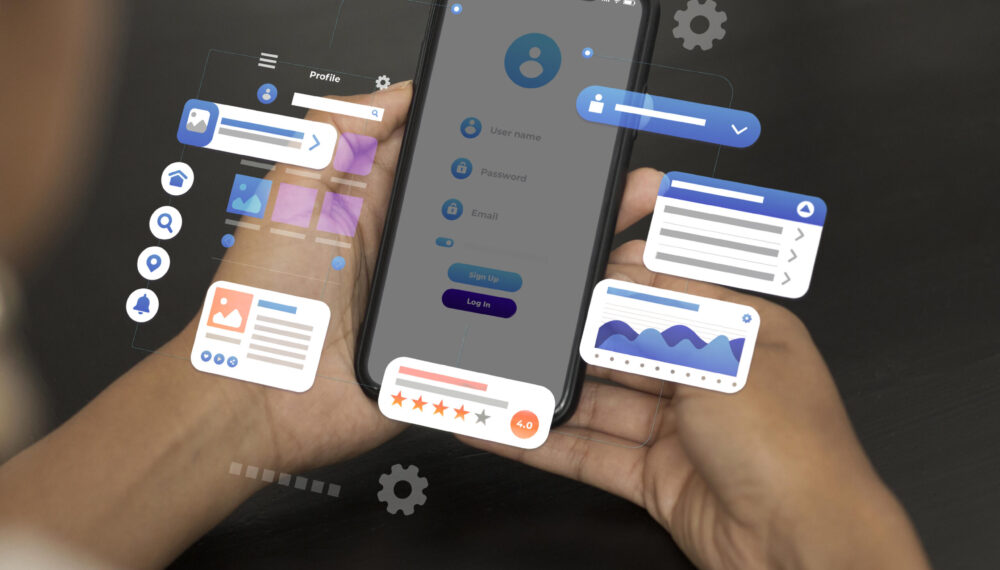
Mobile App Development Services
Mobile app development services involve the process of creating software applications specifically designed to run on mobile devices such as smartphones and tablets. These services cover a range of activities, from initial concept and design to development, testing, deployment, and ongoing support.
Here are key components of mobile app development services:
Consultation and Planning
Requirement Analysis: Understanding the client's needs, goals, and target audience.
Market Research: Identifying competitors and market trends to inform the development strategy.
Feature Definition: Defining the core features and functionalities of the mobile app.
Market Research: Identifying competitors and market trends to inform the development strategy.
Feature Definition: Defining the core features and functionalities of the mobile app.
UI/UX Design
Wireframing and Prototyping: Creating visual representations of the app's layout and design.
User Interface (UI) Design: Designing the app's visual elements for a user-friendly experience.
User Experience (UX) Design: Ensuring a seamless and enjoyable interaction for users.
User Interface (UI) Design: Designing the app's visual elements for a user-friendly experience.
User Experience (UX) Design: Ensuring a seamless and enjoyable interaction for users.
Development
Frontend Development: Building the user interface and user experience.
Backend Development: Creating the server-side logic and databases required for app functionality.
API Integration: Connecting the app to external services and APIs.
Backend Development: Creating the server-side logic and databases required for app functionality.
API Integration: Connecting the app to external services and APIs.
Quality Assurance Testing
Functional Testing: Ensuring that all features work as intended.
Performance Testing: Assessing the app's speed, responsiveness, and stability.
Security Testing: Identifying and addressing potential security vulnerabilities.
Performance Testing: Assessing the app's speed, responsiveness, and stability.
Security Testing: Identifying and addressing potential security vulnerabilities.
Deployment
App Store Submission: Preparing and submitting the app to platforms such as the Apple App Store or Google Play Store.
Deployment Planning: Strategizing the release and marketing of the app.
Deployment Planning: Strategizing the release and marketing of the app.
Post-Launch Support
Bug Fixes and Updates: Addressing issues and releasing updates to improve the app.
User Support: Providing assistance and troubleshooting for app users.
Monitoring and Analytics: Tracking app performance and user behavior.
User Support: Providing assistance and troubleshooting for app users.
Monitoring and Analytics: Tracking app performance and user behavior.
Cross-Platform Development
Native App Development: Building separate apps for different platforms (iOS, Android).
Cross-Platform Frameworks: Using frameworks like React Native or Flutter for developing apps that work on multiple platforms.
Cross-Platform Frameworks: Using frameworks like React Native or Flutter for developing apps that work on multiple platforms.
Integration of Advanced Technologies
Augmented Reality (AR) and Virtual Reality (VR): Implementing immersive experiences.
Internet of Things (IoT): Connecting the app to smart devices and sensors.
Internet of Things (IoT): Connecting the app to smart devices and sensors.
Compliance and Security
Data Protection: Ensuring the app complies with data protection and privacy regulations.
Secure Authentication: Implementing secure login and user authentication processes.
Secure Authentication: Implementing secure login and user authentication processes.
Mobile app development services can be provided by in-house development teams, freelance developers, or specialized mobile app development agencies. The choice of development approach (native or cross-platform) and technologies depends on the project requirements, budget, and target audience.


